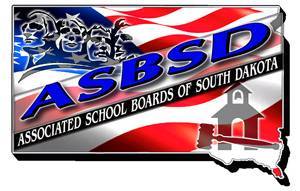A bill to change the state aid funding formula and two special project funding bills had hearings this morning as the fifth week of legislative session began.
House Bill 1202 was deferred to the 41st Legislative Day on an 8-4 vote by House State Affairs committee members. The bill called for the change of the index factor increase for education funding from three percent to four percent.
“It’s unfortunate a bill that would have benefitted K-12 education failed to gain support,” Executive Director Wade Pogany said. “However, there are other bills that would be just as valuable and the discussion that’s taking place on getting school districts back to stable funding levels is encouraging.”
House Education committee members voted to defer House Bill 1166, which would have rewarded school districts based on the percentage of graduates not taking remediation courses upon entering higher education, to the 41st Legislative Day.
Rep. Ray Ring (17) contended the bill’s reliance on “test and test results” was not the best way to reward districts for student achievement.
The bill would have used up to $1 million from the general fund for the rewards and called for the funds to be divided by the district among its teachers. The reward would have provided one-time dollars only.
A bill calling for one-time dollars be provided in the form of classroom innovation grants was unanimously passed by the committee. House Bill 1164 would supply grant funding to school districts for “them to utilize technology in creative and innovative ways to enhance learning and achievement of their students.”
Rep. David Lust (34), the bill’s lead sponsor, testified the funds would be supplied by surplus dollars and it is “not an ongoing appropriation.” There is no dollar amount appropriated for the program at this time.
ASBSD has not taken a position on the bill, but favors dollars be given to districts to use at their discretion.
“These special project bills are great ideas, but each school district across the state has different needs and we’d like to see any available dollars be used by districts to meet their needs,” Pogany said.
ASBSD will continue to monitor the bill’s progress, as it now advances to the House floor for debate. For updates, check the ASBSD blog and bill tracker.
